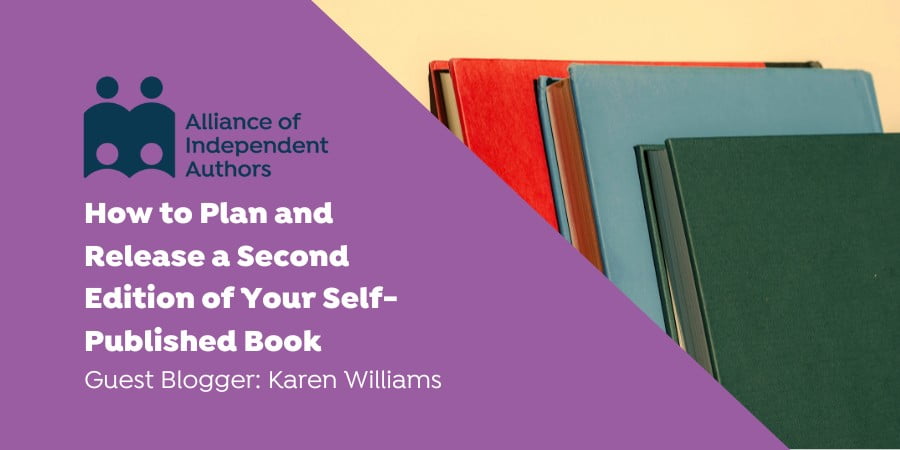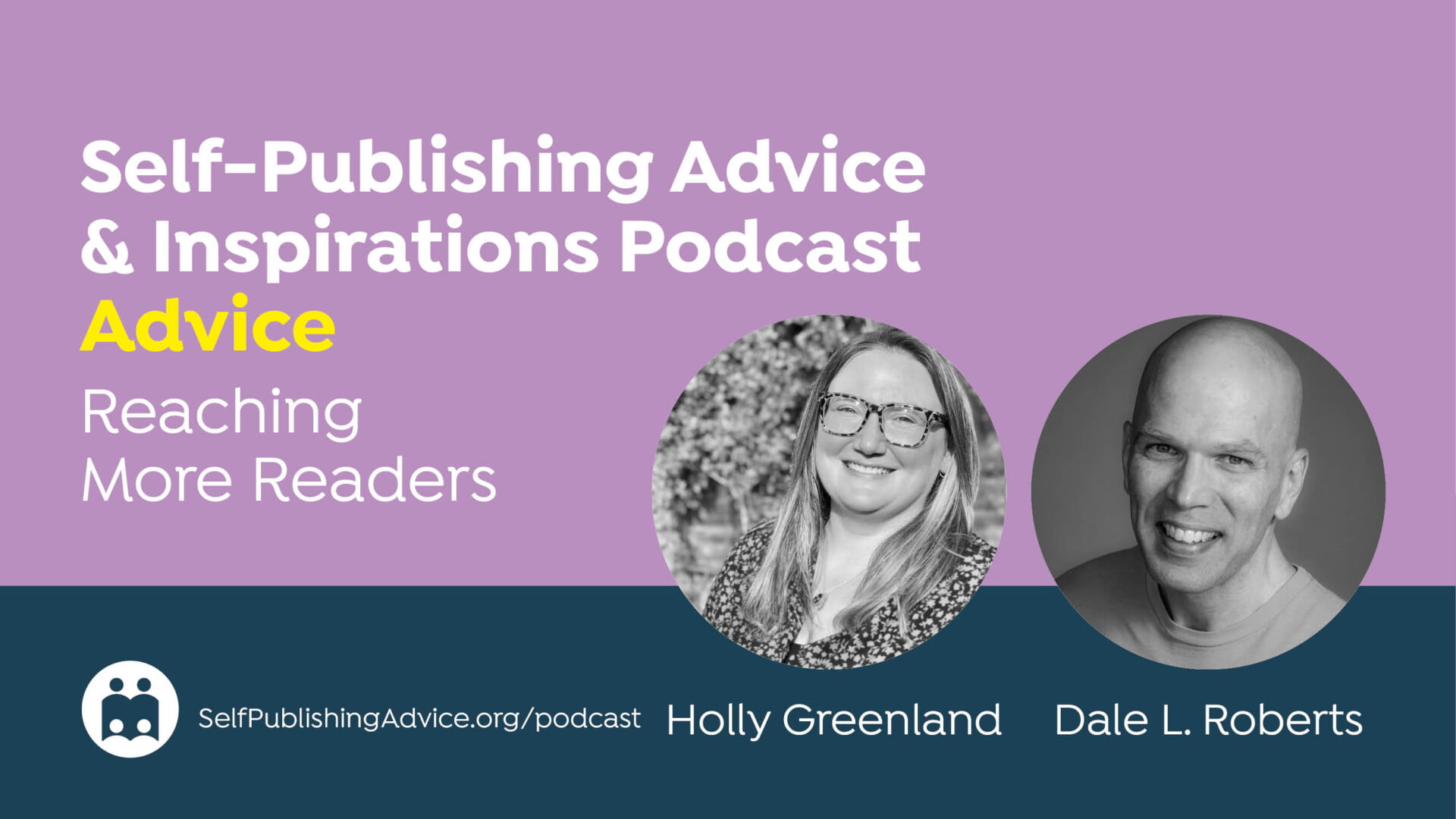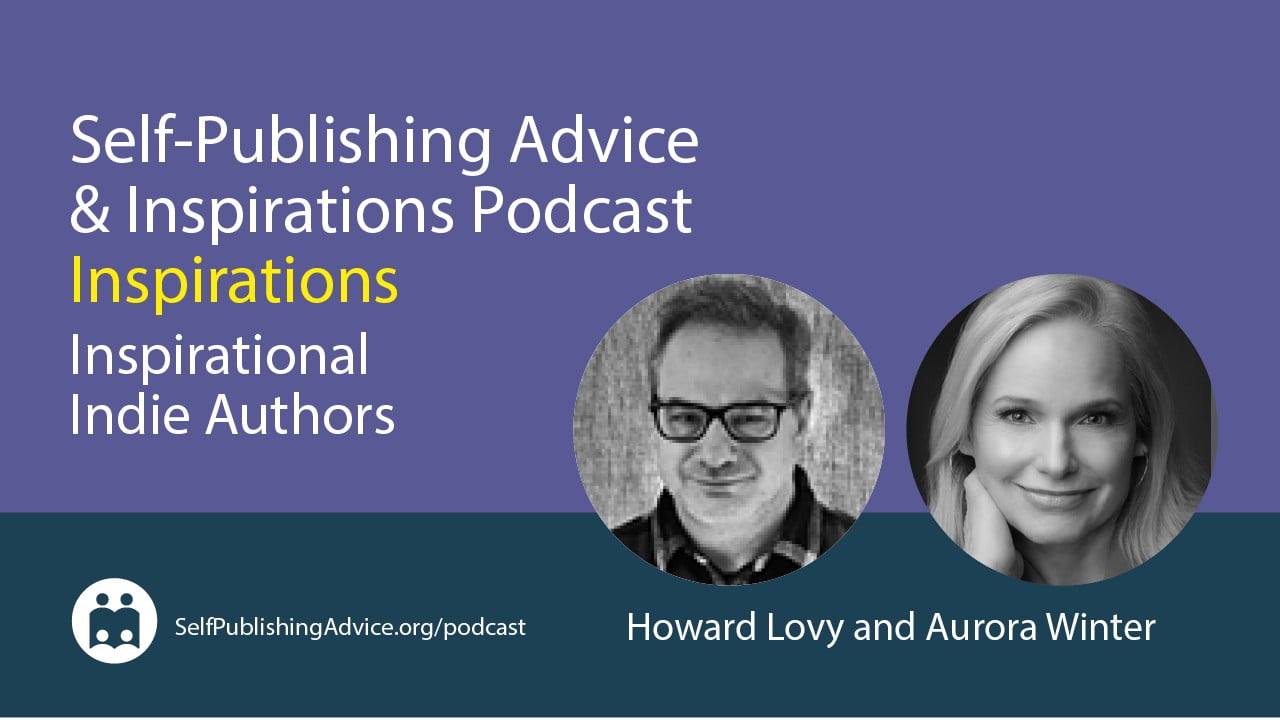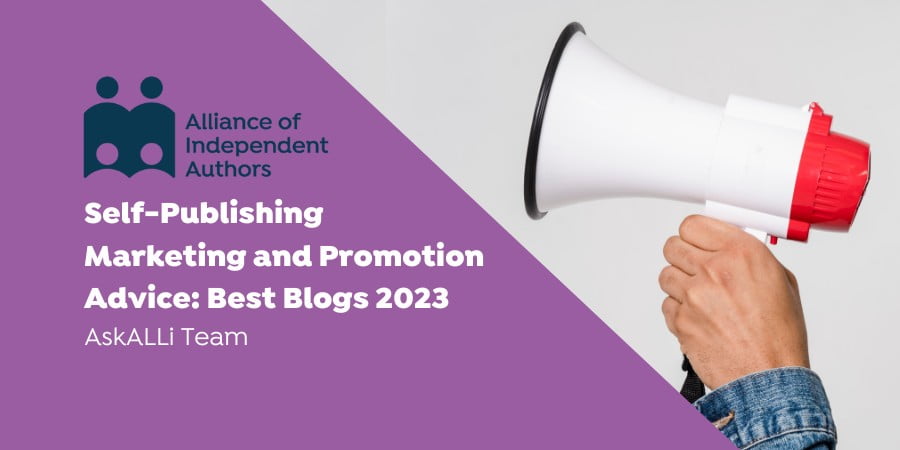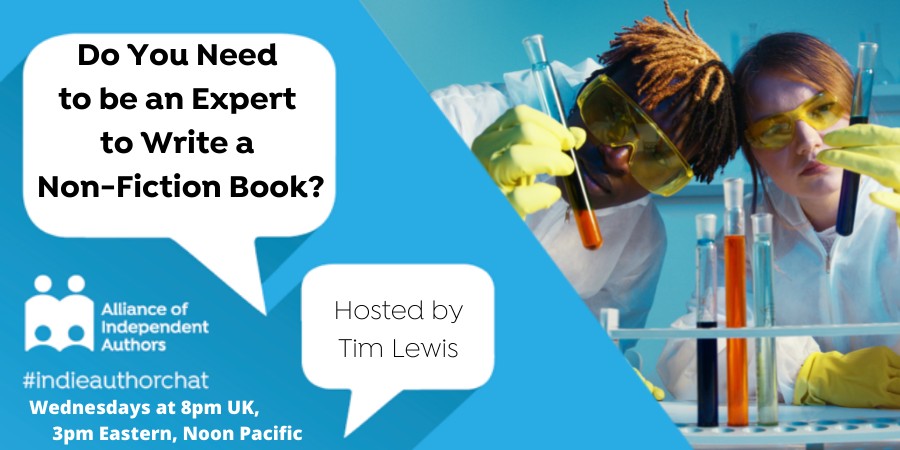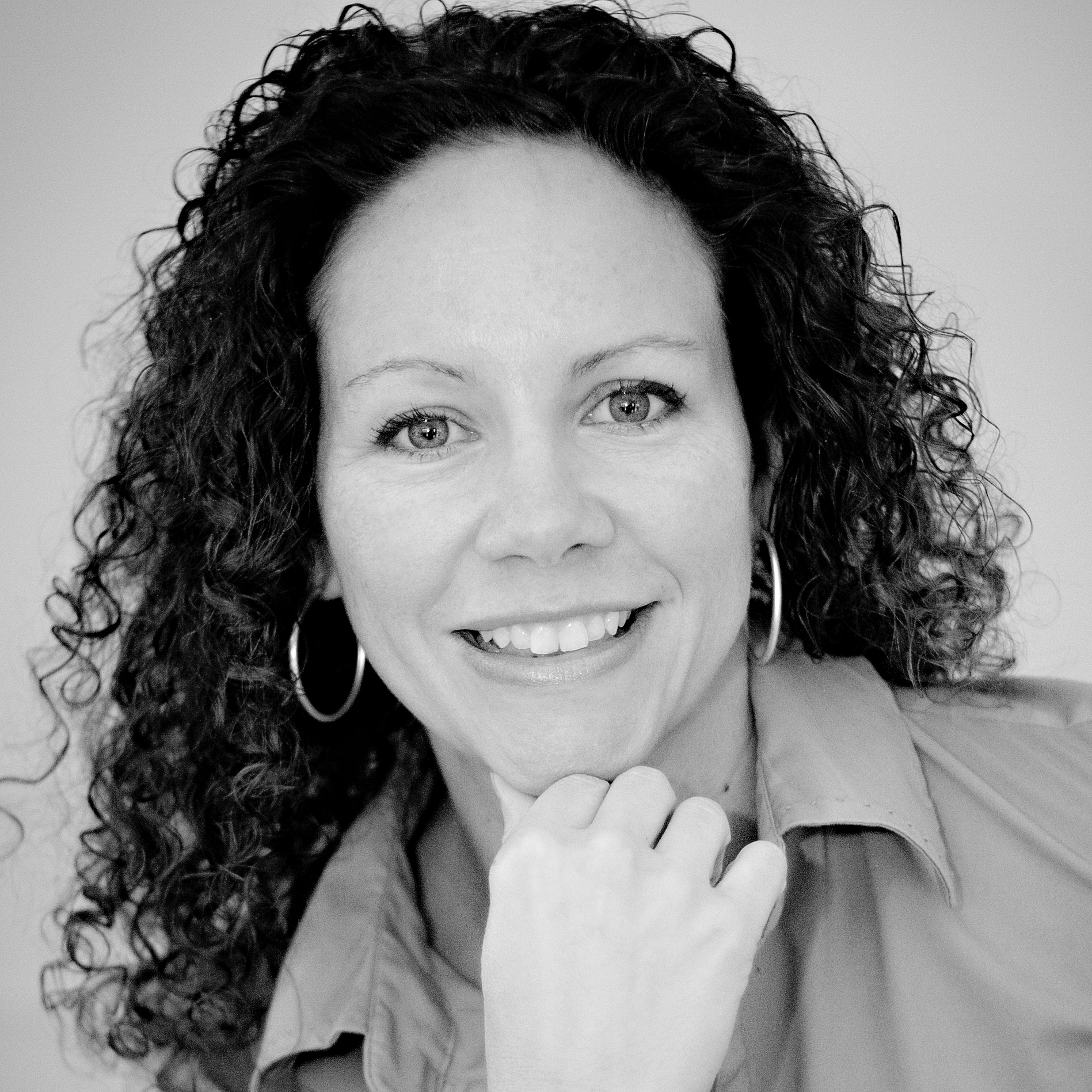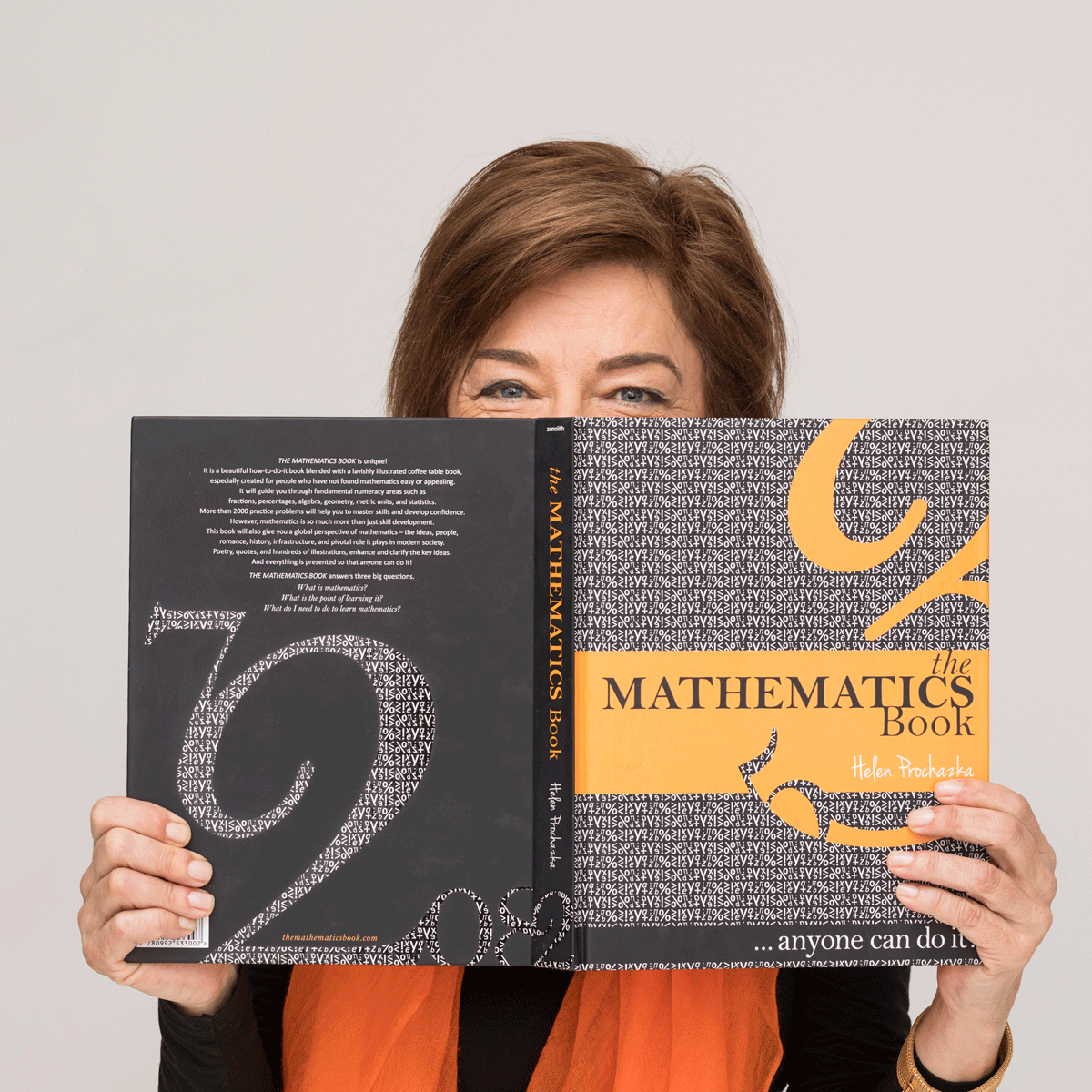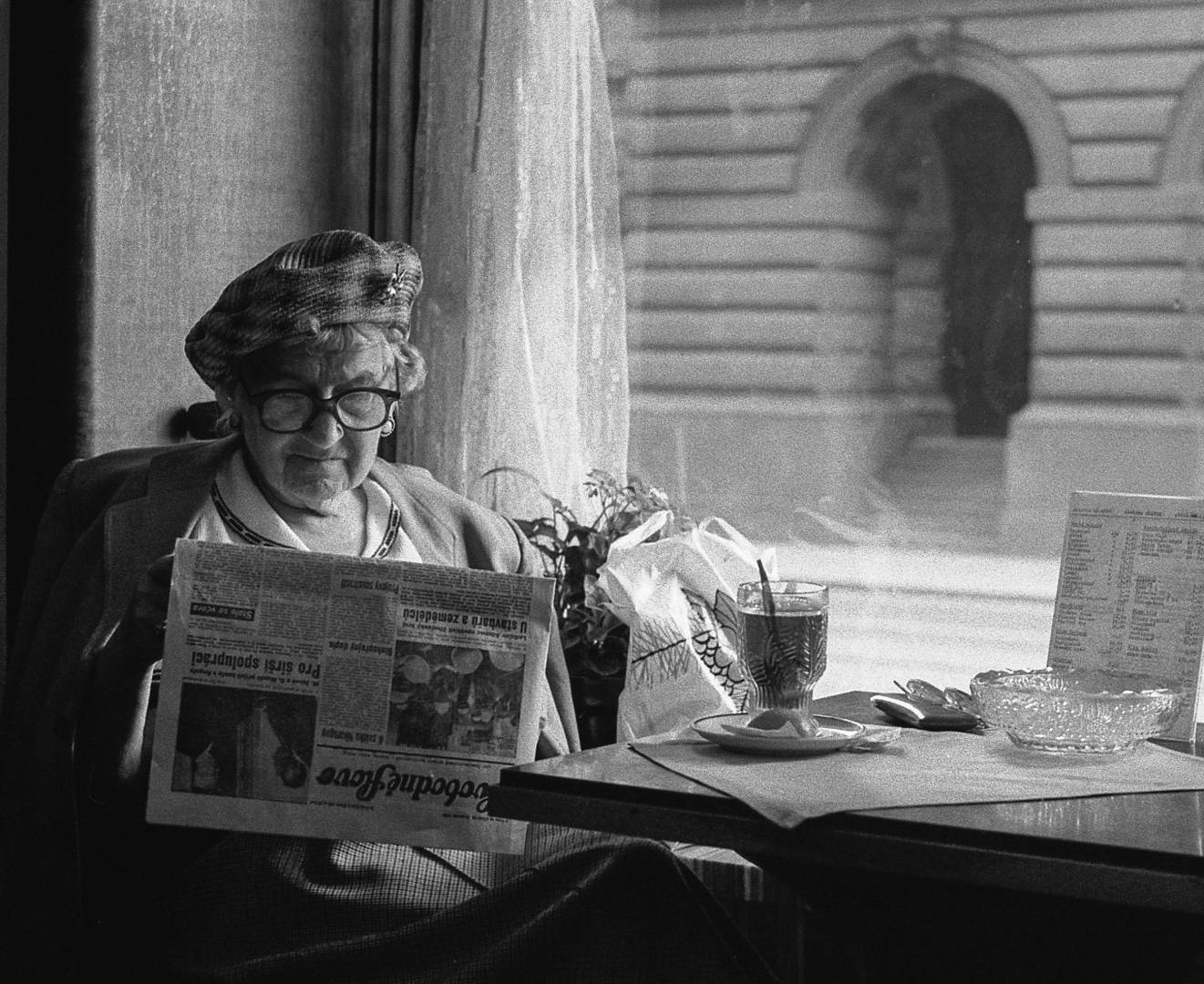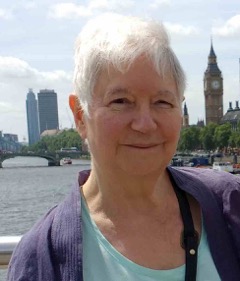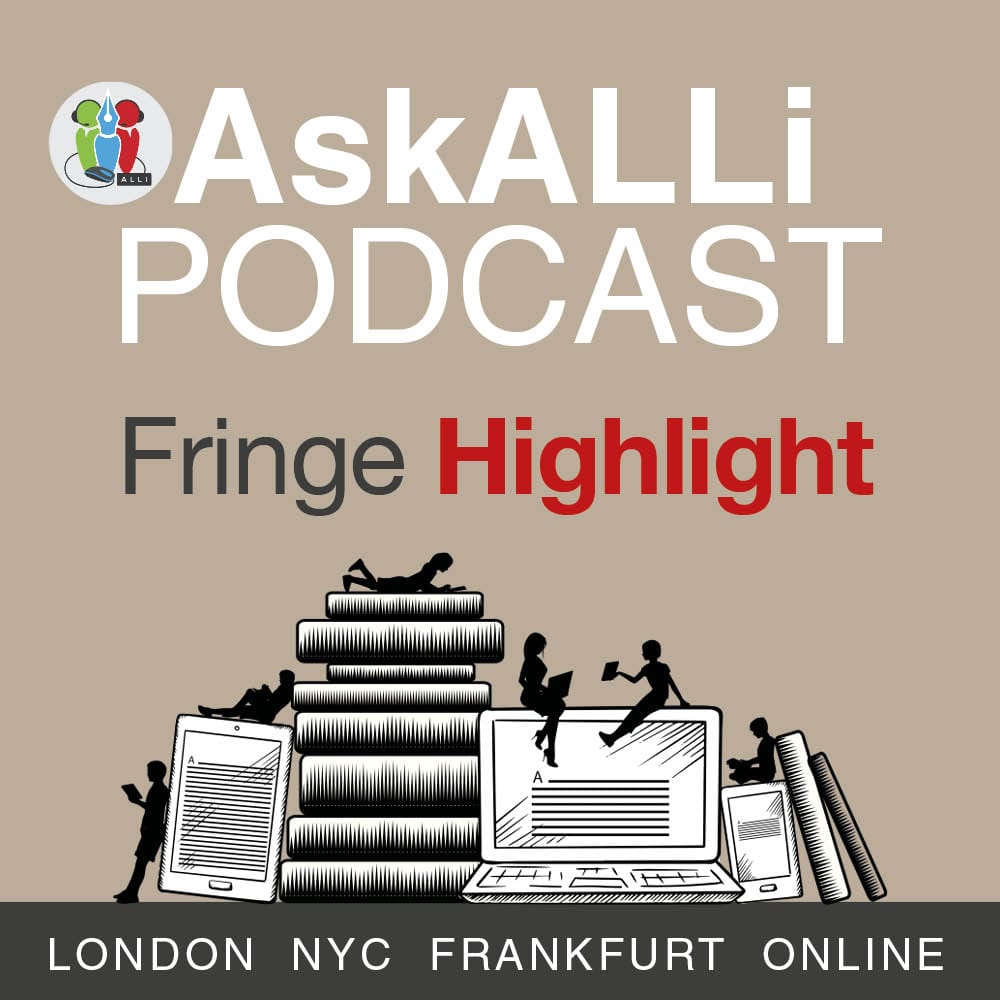How to Plan and Release a Second Edition of Your Self-Published Book
In this post from the Alliance of Independent Authors, we are joined by guest blogger Karen Williams, bestselling book mentor, author of 10 books and a TEDx speaker. Karen shares her advice and experience on releasing a second edition of a self-published book; answering key questions and recommending what you should consider. This post focuses on non-fiction books.

